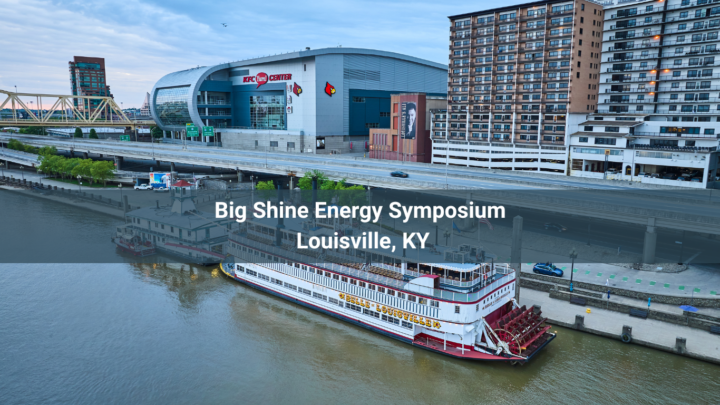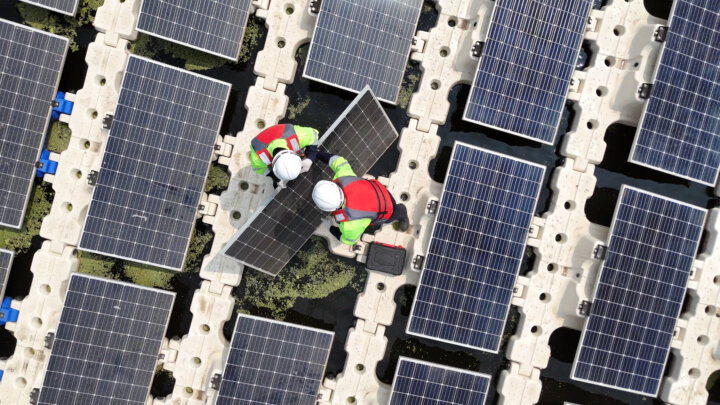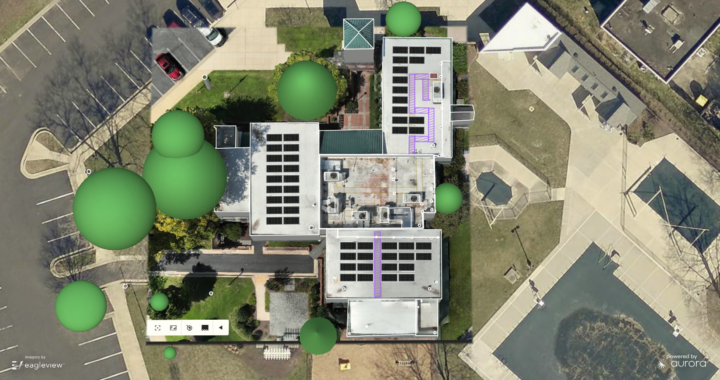Climate change is no longer a distant threat; it is a reality that is unfolding before our eyes. The year 2023 is poised to become the hottest on record, as indicated in a recent report by the World Economic Forum (WEF). This warming trend has far-reaching consequences, not least of which is its impact on businesses across the United States. In this article, we will explore the compelling reasons why businesses must recognize the urgent need for action, drawing insights from the referenced article by Time.
Climate Change: A Growing Business Challenge
As the WEF report highlights, 2023 is on track to be the hottest year on record, underscoring the intensifying impact of climate change. This trend, characterized by rising temperatures, increased extreme weather events, and shifting climate patterns, poses significant challenges to businesses in the USA.
Reasons for Business Concern
Disruption to Supply Chains: Extreme weather events, such as hurricanes, floods, and wildfires, disrupt supply chains, causing delays, increased costs, and potential shortages of goods and materials crucial for business operations.
Increased Operating Costs: Rising temperatures can lead to increased energy consumption for cooling, impacting operational costs for businesses. Additionally, the strain on water resources in drought-prone areas can result in higher costs for water-dependent industries.
Health and Productivity: Heatwaves and deteriorating air quality can negatively affect employee health and productivity. Businesses may face higher healthcare costs and reduced workforce efficiency.
Market Instability: Climate change can result in market instability, particularly in industries sensitive to weather conditions, such as agriculture and insurance. This can lead to financial losses and uncertainties for businesses.
Regulatory Changes: Governments are increasingly implementing regulations and standards to combat climate change. Businesses that fail to adapt may face compliance issues and potential penalties.
Consumer Preferences: Today’s consumers are more environmentally conscious, favoring businesses that demonstrate sustainability efforts. Failure to adapt to eco-friendly practices may result in a loss of market share.
Reputation Risk: Businesses that are seen as contributors to environmental problems or are slow to adopt green practices may suffer reputational damage, impacting their long-term success.
A Call to Action
The Time article emphasizes that the economic consequences of climate change are real and escalating. To thrive in this changing landscape, businesses must recognize that taking action is not just a moral imperative; it’s a strategic necessity. Here are steps businesses can take:
Transition to Renewable Energy: Investing in renewable energy sources, such as solar and wind power, can reduce greenhouse gas emissions and lower energy costs.
Efficiency Improvements: Implement energy-efficient technologies and practices to reduce energy consumption and operating costs.
Resilience Planning: Develop climate resilience plans that account for extreme weather events and supply chain disruptions.
Sustainable Practices: Adopt sustainable business practices that reduce waste, conserve resources, and align with consumer preferences.
Advocacy and Collaboration: Engage in advocacy efforts for strong climate policies and collaborate with industry peers to address shared challenges.
Transparency: Be transparent about sustainability efforts, reporting progress and goals to build trust with stakeholders.
A Generational Sacrifice
In closing, this generation of corporate leaders in the United States faces a unique challenge. To secure a prosperous future for their businesses and the planet, they must make sacrifices and take immediate action to combat climate change. The impacts are already here, and the choices made today will determine the sustainability of businesses for generations to come. Embracing sustainability and mitigating climate risks is not just an option—it’s an essential responsibility that will define the legacy of this generation in the corporate world.









